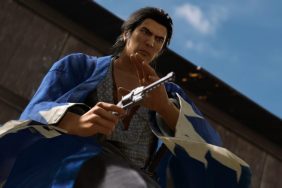Yakuza: Like a Dragon review for Xbox Series X, Xbox One, and PC.
Yakuza: Like a Dragon is a new beginning for the series in many ways. It introduces a new protagonist, a new turn-based combat system, and a relatively self-contained story. This is a gamble for Ryu Ga Gotoku Studio, as up to this point, each entry in the series…
-
Some of the best substories to date.
-
Great story which keeps players guessing.
-
Tons of minigames and side content.
-
Introduction of new protagonist makes it a good starting point.
-
New combat system has a lot of depth.
-
Regular battles get monotonous once your team gets into higher levels.











